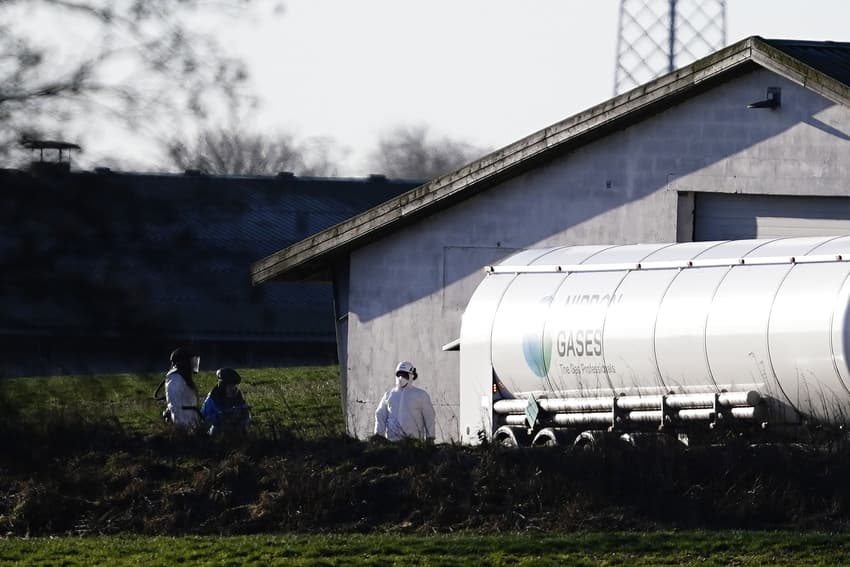Danish authorities to cull 34,000 turkeys after bird flu detected

Around 34,000 turkeys must be culled after avian flu was detected at a farm in South Zealand.
The Danish Veterinary and Food Administration (Fødevarestyrelsen) on Tuesday increased its alert level for bird flu from low to medium, prior to the detection of the disease at the farm near the village of Lundby.
It confirmed the birds would be culled in a statement on Wednesday.
“At the end of last month we had a case of avian flu in a hobby flock on [island] Als, and we have now confirmed the disease at a professional breeder. The outbreaks are unfortunately not unexpected,” senior veterinarian Mette Kirkeskov Sie said in the statement.
A large number of dead birds were found amongst the rafter of turkeys at the farm. That resulted in the food authority taking samples for testing, which subsequently confirmed the presence of the disease.
The Food Administration has increased its alert level because seasonal migrations mean that bird flu in Denmark is now at a higher risk of being spread to neighbouring countries.
Comments
See Also
The Danish Veterinary and Food Administration (Fødevarestyrelsen) on Tuesday increased its alert level for bird flu from low to medium, prior to the detection of the disease at the farm near the village of Lundby.
It confirmed the birds would be culled in a statement on Wednesday.
“At the end of last month we had a case of avian flu in a hobby flock on [island] Als, and we have now confirmed the disease at a professional breeder. The outbreaks are unfortunately not unexpected,” senior veterinarian Mette Kirkeskov Sie said in the statement.
A large number of dead birds were found amongst the rafter of turkeys at the farm. That resulted in the food authority taking samples for testing, which subsequently confirmed the presence of the disease.
The Food Administration has increased its alert level because seasonal migrations mean that bird flu in Denmark is now at a higher risk of being spread to neighbouring countries.
Join the conversation in our comments section below. Share your own views and experience and if you have a question or suggestion for our journalists then email us at [email protected].
Please keep comments civil, constructive and on topic – and make sure to read our terms of use before getting involved.
Please log in here to leave a comment.